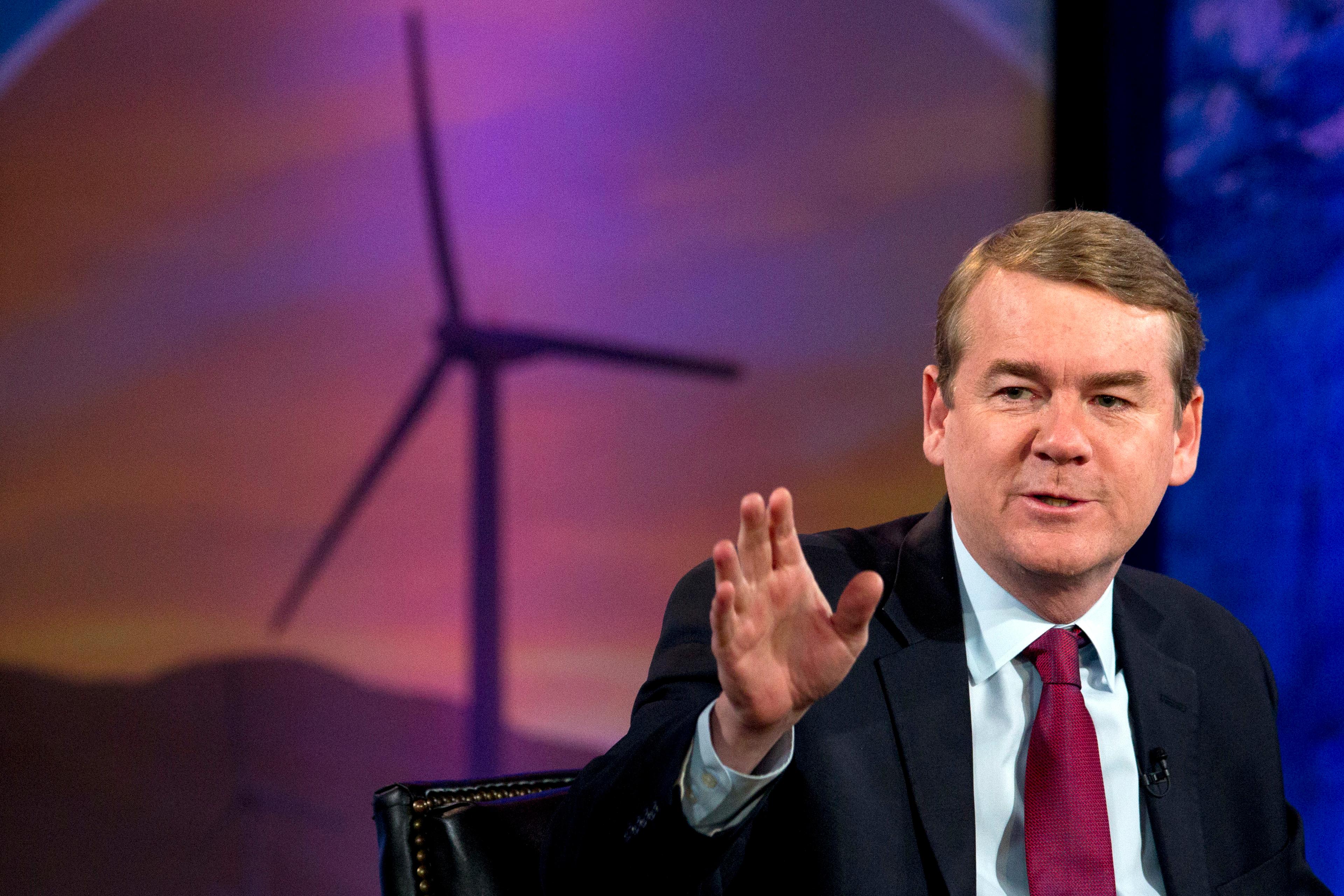
Sen. Michael Bennet’s path to the presidency got a little steeper.
The Democratic National Committee has released the requirements for its sixth presidential debate in December. Candidates must reach at least 4 percent support in four approved polls or 6 percent in two polls from Iowa, New Hampshire, South Carolina or Nevada, key early voting states.
Candidates also have to demonstrate grassroots fundraising strength with 200,000 unique donors, with at least 800 in 20 states.
Bennet has been critical of the DNC’s requirements for other debates, and who they’ve put on the stage.
Democratic political consultant Rose Kapolczynski says debates are important because they generate a huge amount of media coverage for candidates who participate, but they aren't essential to win.
“It's essential to get those voters in early states to start choosing you as their candidate,” she said.
Kapolczynski, who worked on Gary Hart’s 1984 campaign, believes there is still an opportunity for Bennet and other lesser known candidates to do well in an early voting state and start gaining momentum next year. She said Bennet needs to focus on making his case to voters in those early voting states.
Bennet has been doing just that in recent months, campaigning heavily in Iowa and New Hampshire. He also had a million dollar ad buy in Iowa.
But time is running out. The Iowa Caucus is Feb. 3, and the New Hampshire primary is Feb. 11.
Jennifer Holdsworth, a political strategist who has worked with New Jersey Sen. Cory Booker and South Bend Mayor Pete Buttigieg, said the path for a candidate not participating in the debates is “narrow and the window is closing.”
The way Holdsworth sees it, polls are not indicative of outcome. Performance is.
“We have seen lower tier candidates with a compelling message break out,” she said, citing Buttigieg’s rise.
Bennet has until Nov. 13 to meet the requirement for the November debate, and Dec. 12 for the December debate.









